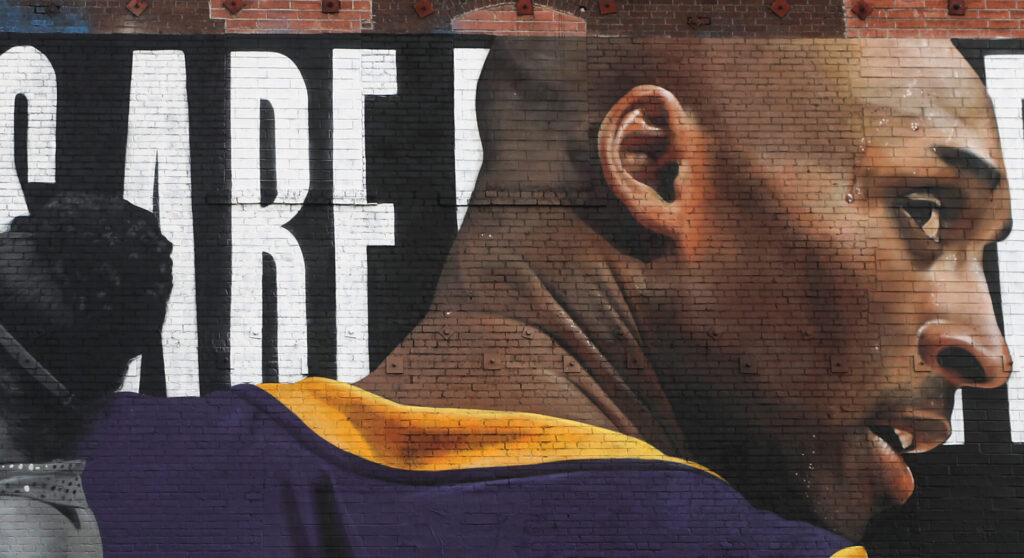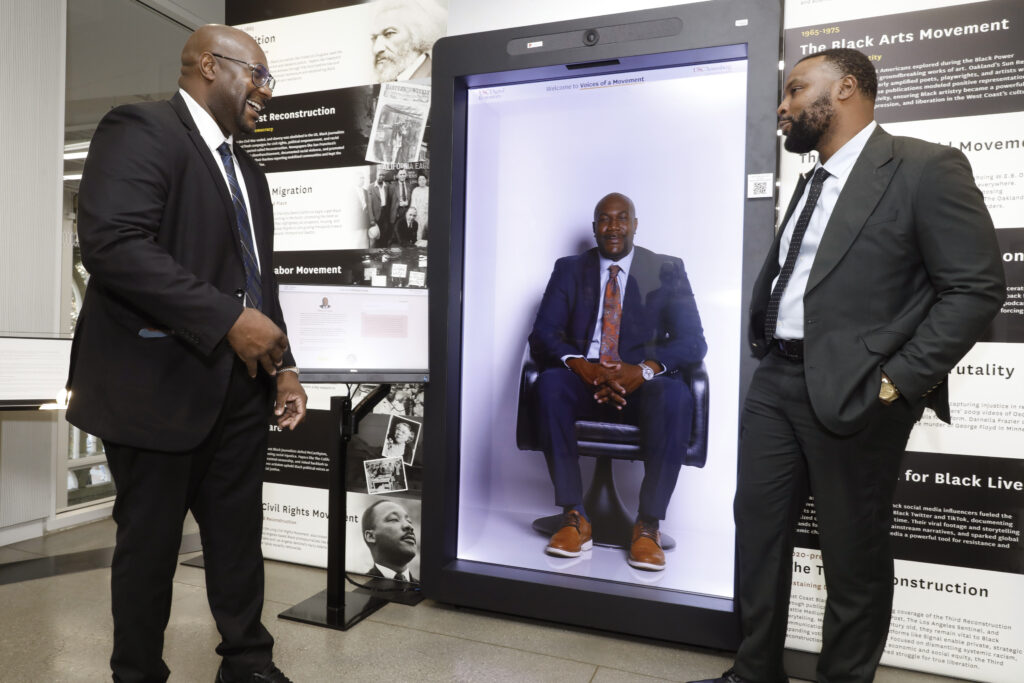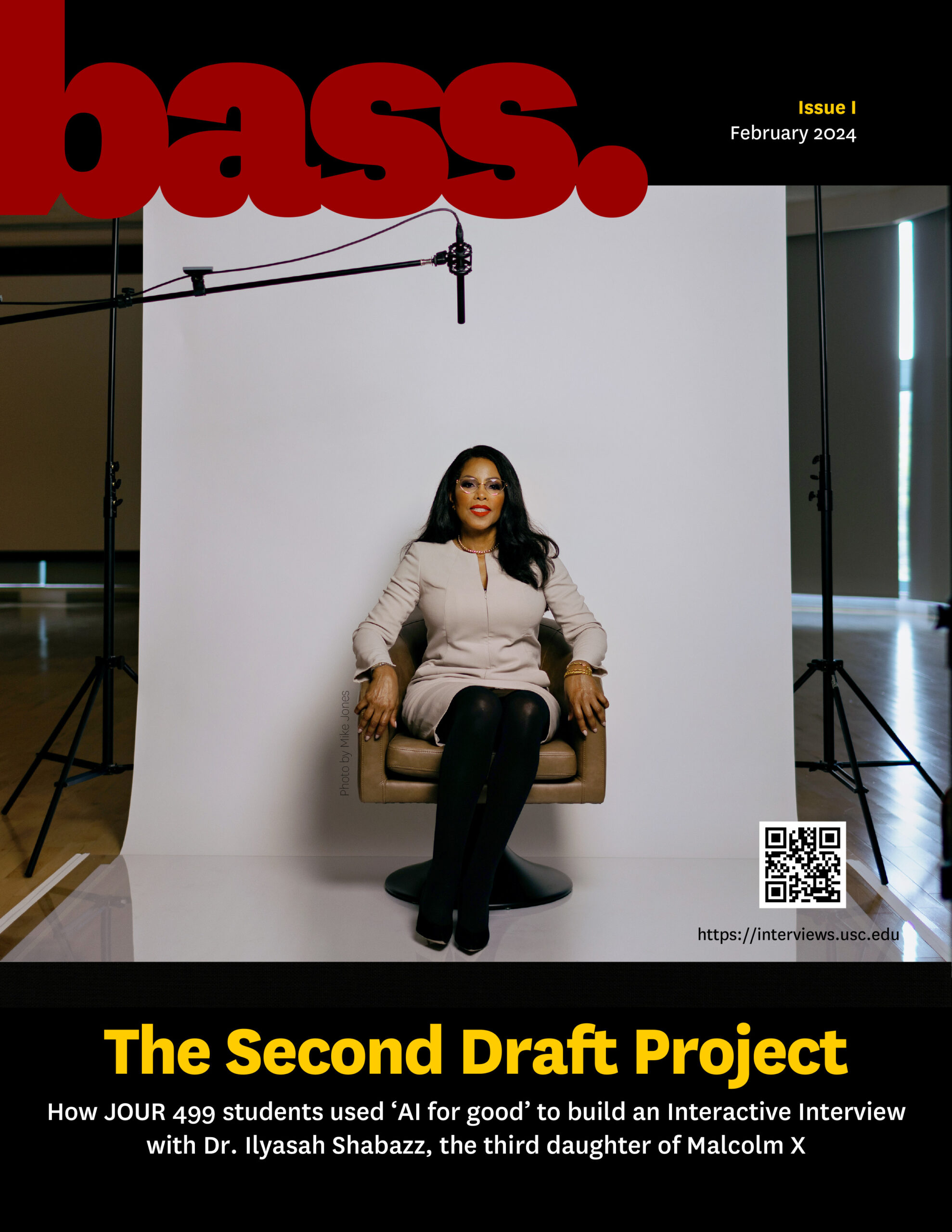TOP STORIES
From the Archives
Exploring how yesterday’s history shapes today’s headlines
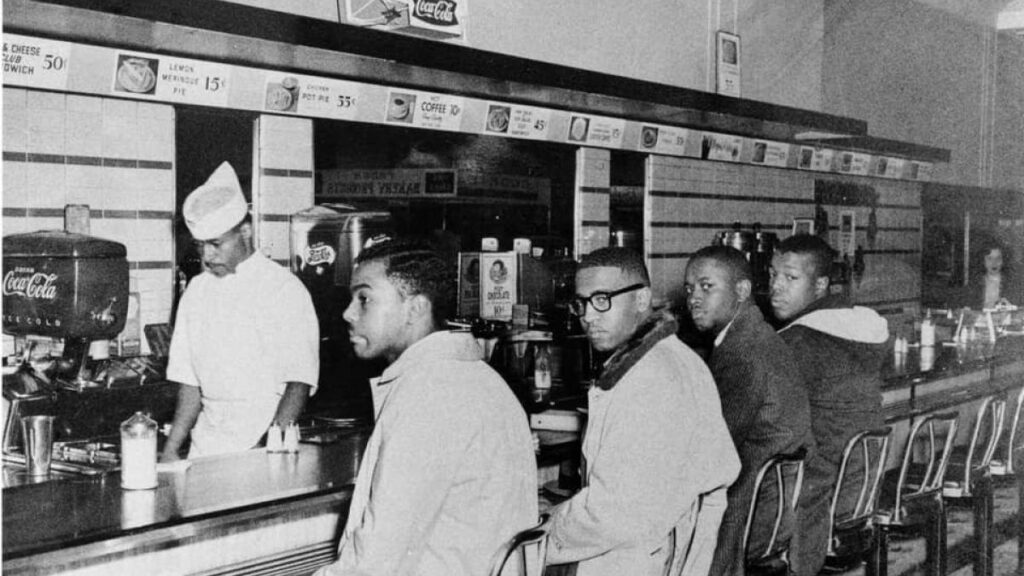
Bass & Beyond
The Tactics of Dissent: Understanding Different Types of Protest
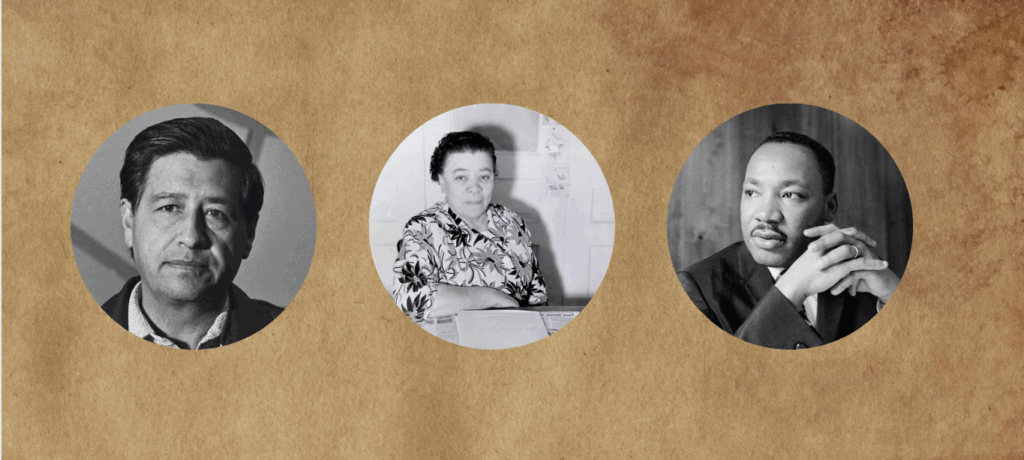
Bass & Beyond
Coastal Connections: Charlotta Bass, Martin Luther King, and Cesar Chavez

Bass & Beyond
Charlotta Bass and the Zoot Suit Riots: A Voice Emerges for Justice
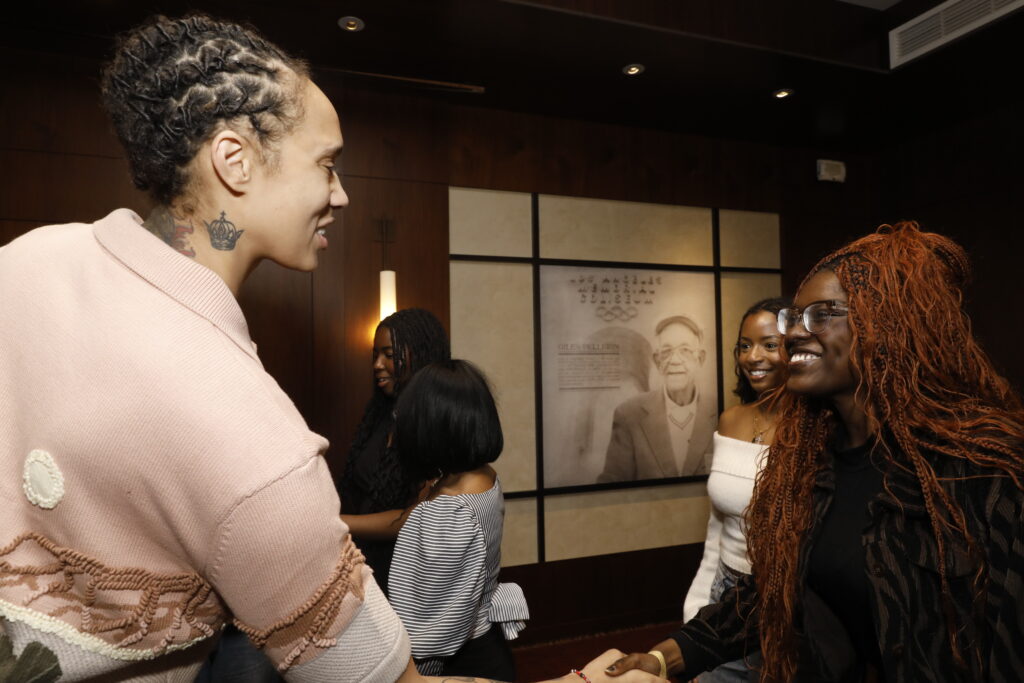
News & Updates
Looking Back: Our Spring Fellows Reflect on Brittney Griner’s Visit
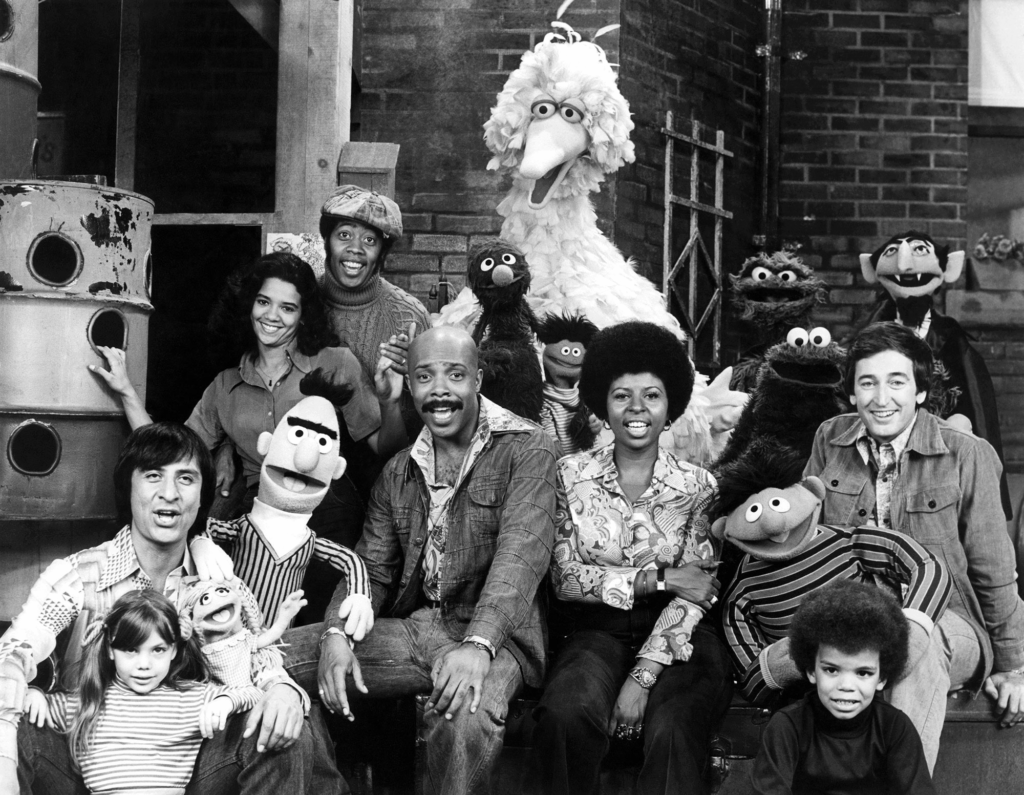
Social Justice
Diversity In Children’s Entertainment: Then vs. Now

Education
Amplifying Voices and Correcting the Record
News & Lab Updates
Happenings in and around the Bass Lab

Art & Culture
Ava DuVernay: From Origin to Onward
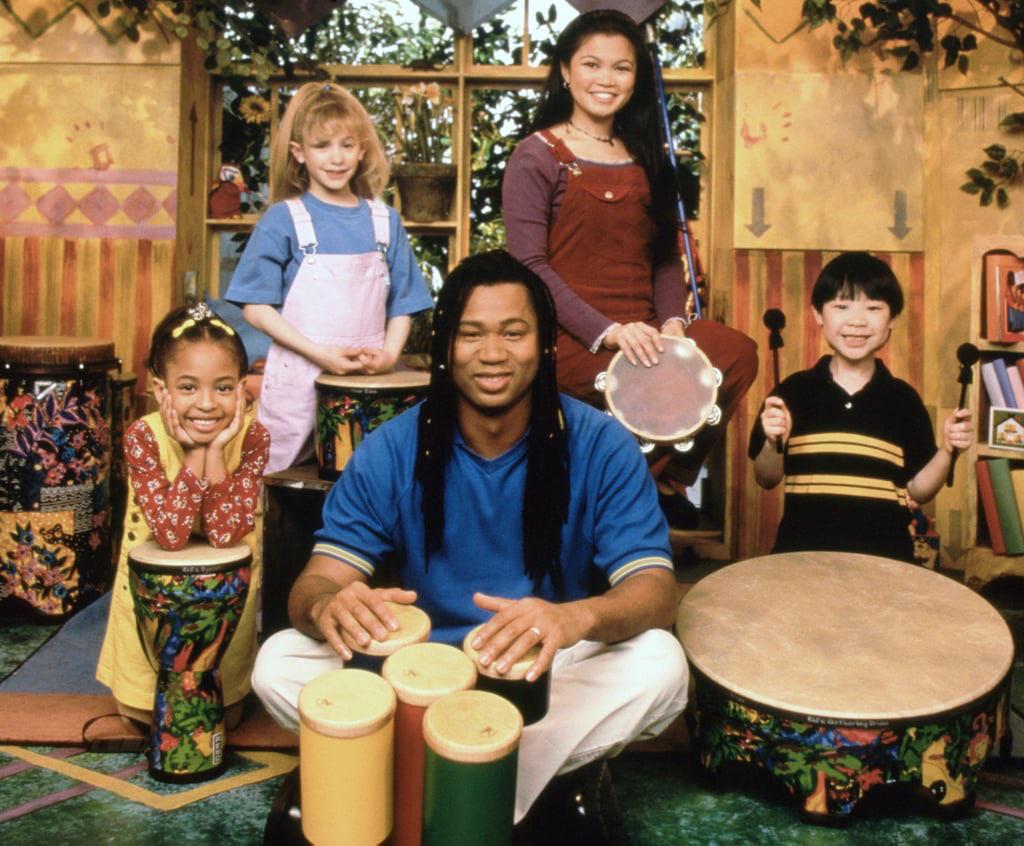
Education
The Content Creator as Educator: How Scholars Are Turning Streams into Classrooms
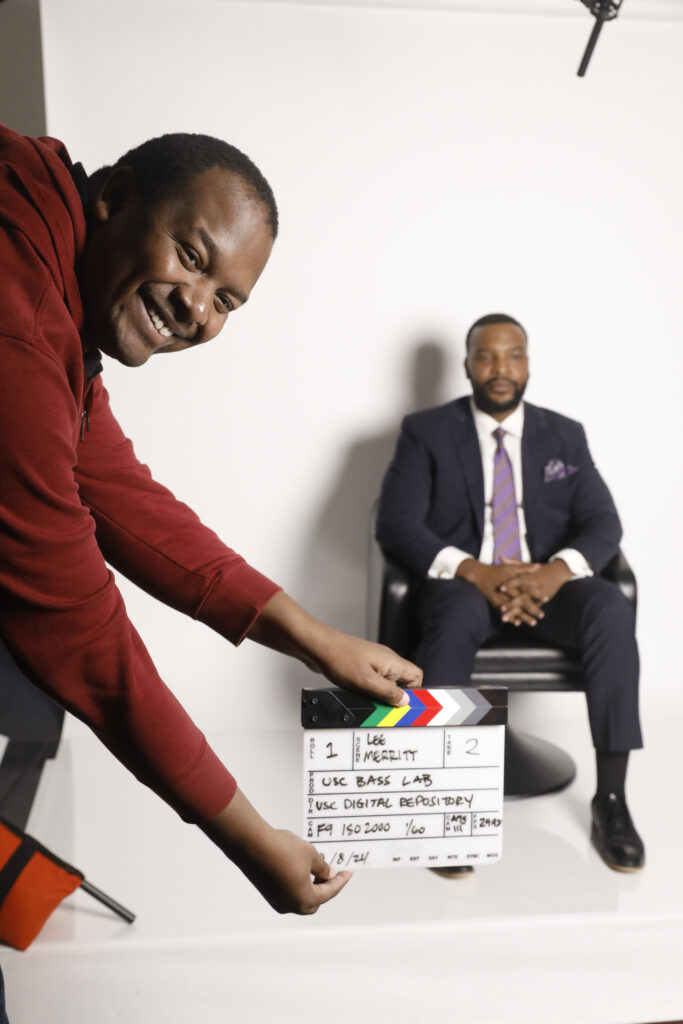
Bass Fellow Spotlight
Meet Rafiq Taylor, The Fellow Turned PR Pro Bringing a Creator’s Perspective to Bass Lab
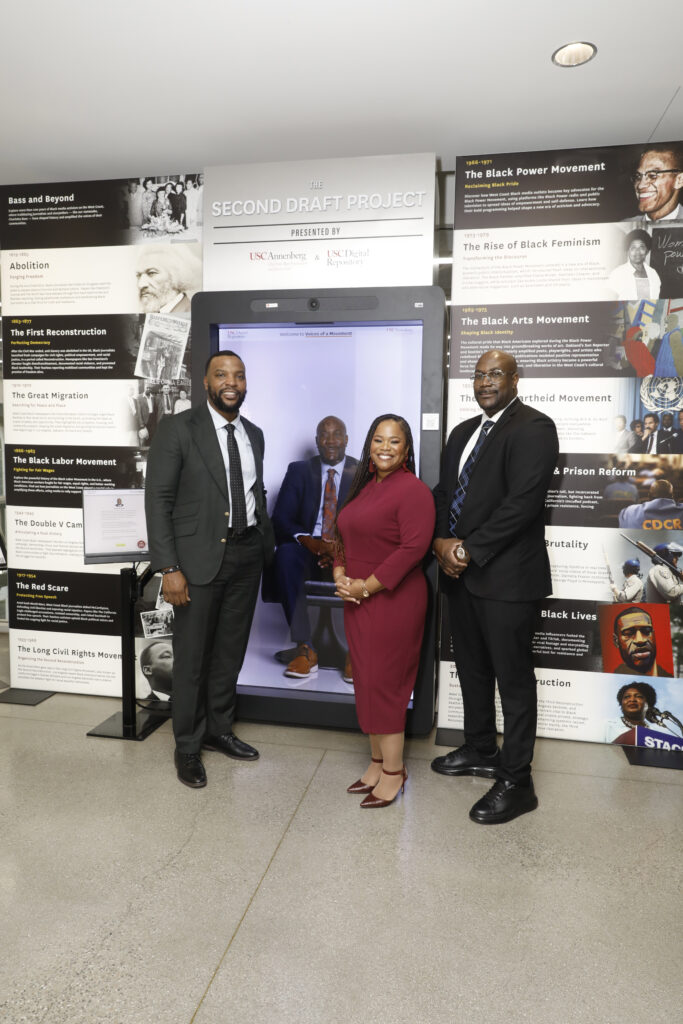
Third Reconstruction
The Role of the Second Draft Project in Historical Documentation
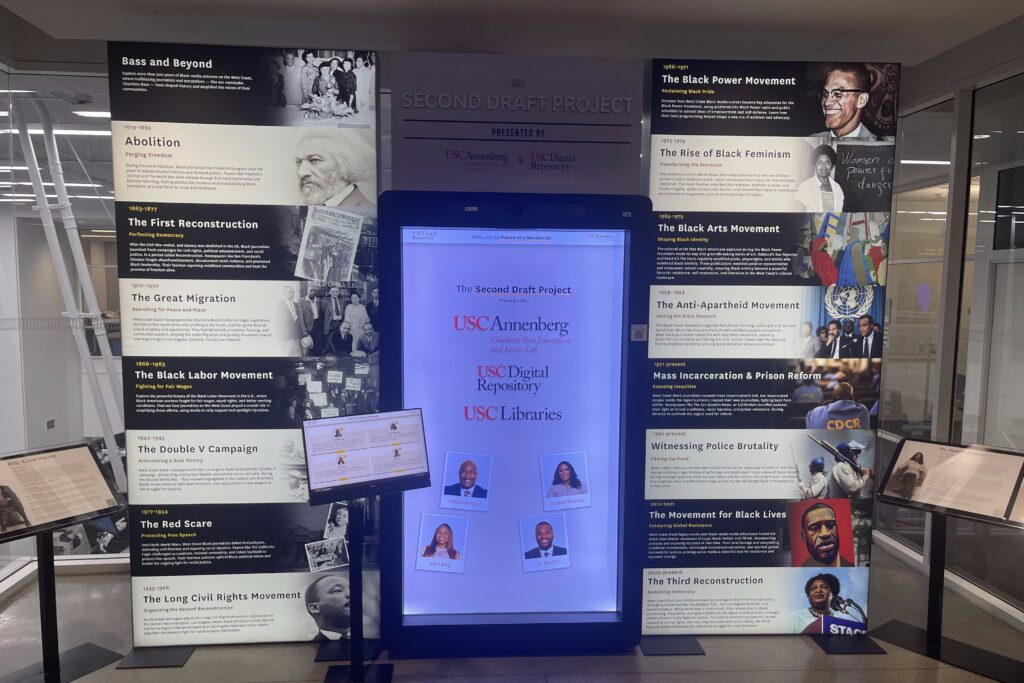
Third Reconstruction
Engaging with the Second Draft Project’s AI-Powered Interviews

Education

